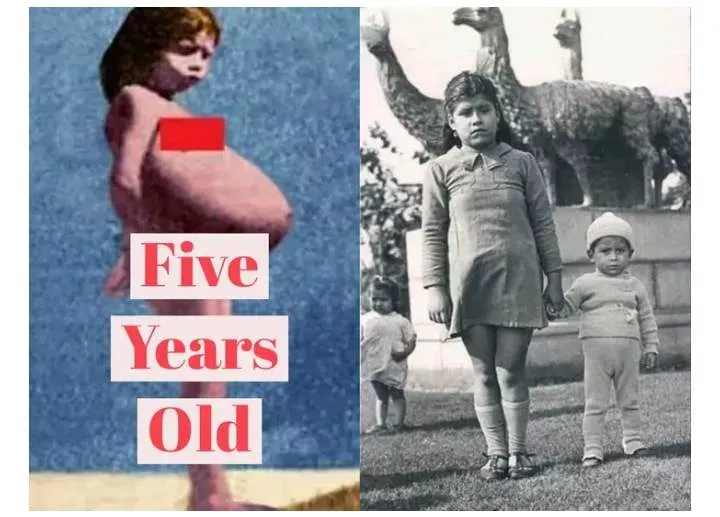
Imagine a scenario, where starting a family or giving birth brings joy fulfillment and financial benefits directly from the government. In some countries around the world, this scenario is a reality. Governments are offering intriguing incentives, paying parents when they give birth.
This initiative is part of a strategic approach to manage and encourage population growth, particularly in nations facing declining birth rates. From cash bonuses to substantial childcare subsidies, these incentives aim to lessen the economic burden on families, making the idea of having children more appealing and financially viable.
Giving birth in these countries not only supports personal family growth but also plays a crucial role in shaping national demographic trends. Here are the various countries that are making giving birth an economically rewarding experience, thereby investing in their future generations and stabilizing their populations.
China - Boosting births with financial incentives
For many years, China's one-child policy limited family sizes, but recent shifts in policy now encourage larger families to counteract aging demographics. In Lianjiang City, for instance, families receive a monthly subsidy of up to $510 for each child born after September 1, 2021. This support can total over $15,000 by the time the child reaches two and a half years old. These incentives are part of a broader effort to recover from dropping birth rates and ensure a stable future workforce.
Finland - Supporting parents with maternity grants
Finland offers a maternity grant to parents who have been pregnant for at least 154 days. This grant can be received either as a cash payment of 170 euros or as a "baby box" filled with clothes and childcare supplies. This initiative not only supports giving birth financially but also ensures that every child has the essentials they need in their early months, irrespective of the family's financial situation.
Estonia - Increasing family sizes with birth allowances
In Estonia, the government encourages larger families through significant financial rewards. Upon giving birth, parents receive a one-time "childbirth allowance" of 320 euros, with the amount increasing significantly for multiple births, such as triplets, where parents receive 1,000 euros per child. These policies aim to alleviate the financial burden of childrearing and incentivize higher birth rates.
Japan - Monetary rewards for expanding families
Japan has seen its highest fertility rates in over two decades, partly due to financial incentives for families. In regions like Nakanoshima, parents receive 100,000 yen for their first child and up to 1 million yen for their fourth. These incentives are designed to reverse the country's declining birth rate and ensure a balanced demographic profile.
Australia - Newborn financial assistance
Australia offers the Newborn Upfront Payment and Newborn Supplement to help parents manage the costs associated with giving birth and raising a child. Depending on eligibility, parents can receive a baby bonus of $5,000 for their first child and $3,000 for subsequent children. These payments, made in 13 fortnightly installments, aim to reduce the financial strain on new parents and encourage stable family growth.
The financial benefits of giving birth
These countries demonstrate how government policies can support parents financially when they decide to expand their families. By giving birth in these nations, parents not only contribute to stabilizing the population but also receive substantial support that helps ease the financial challenges of early parenthood. Such policies reflect a proactive approach to population management and showcase a commitment to sustaining the nation's future.


















Comments